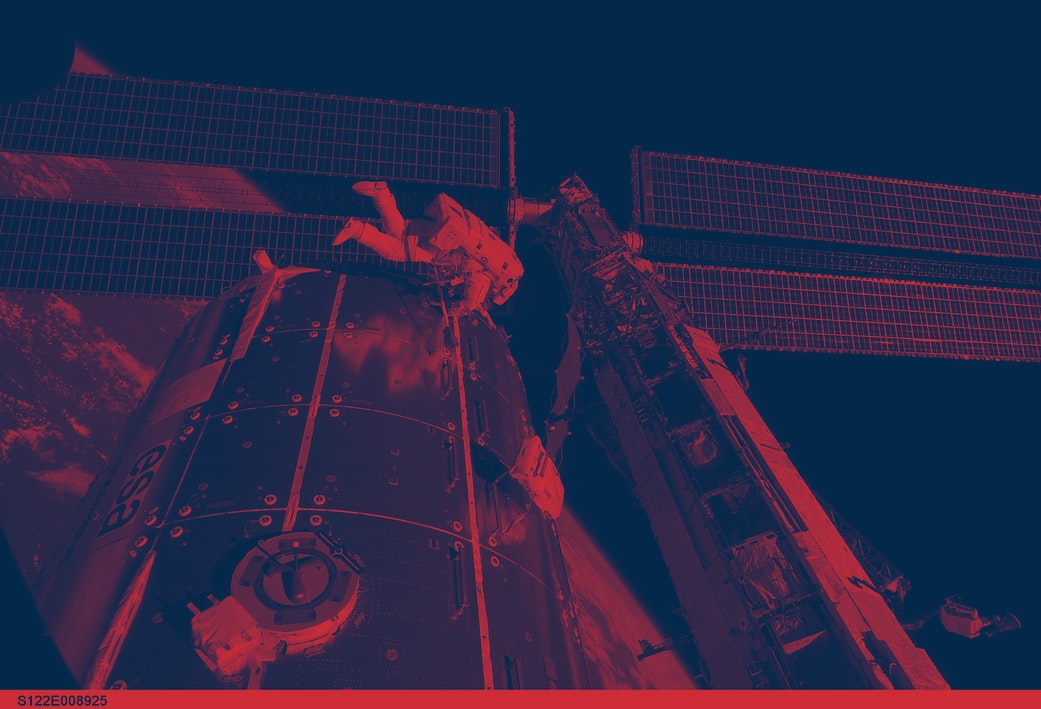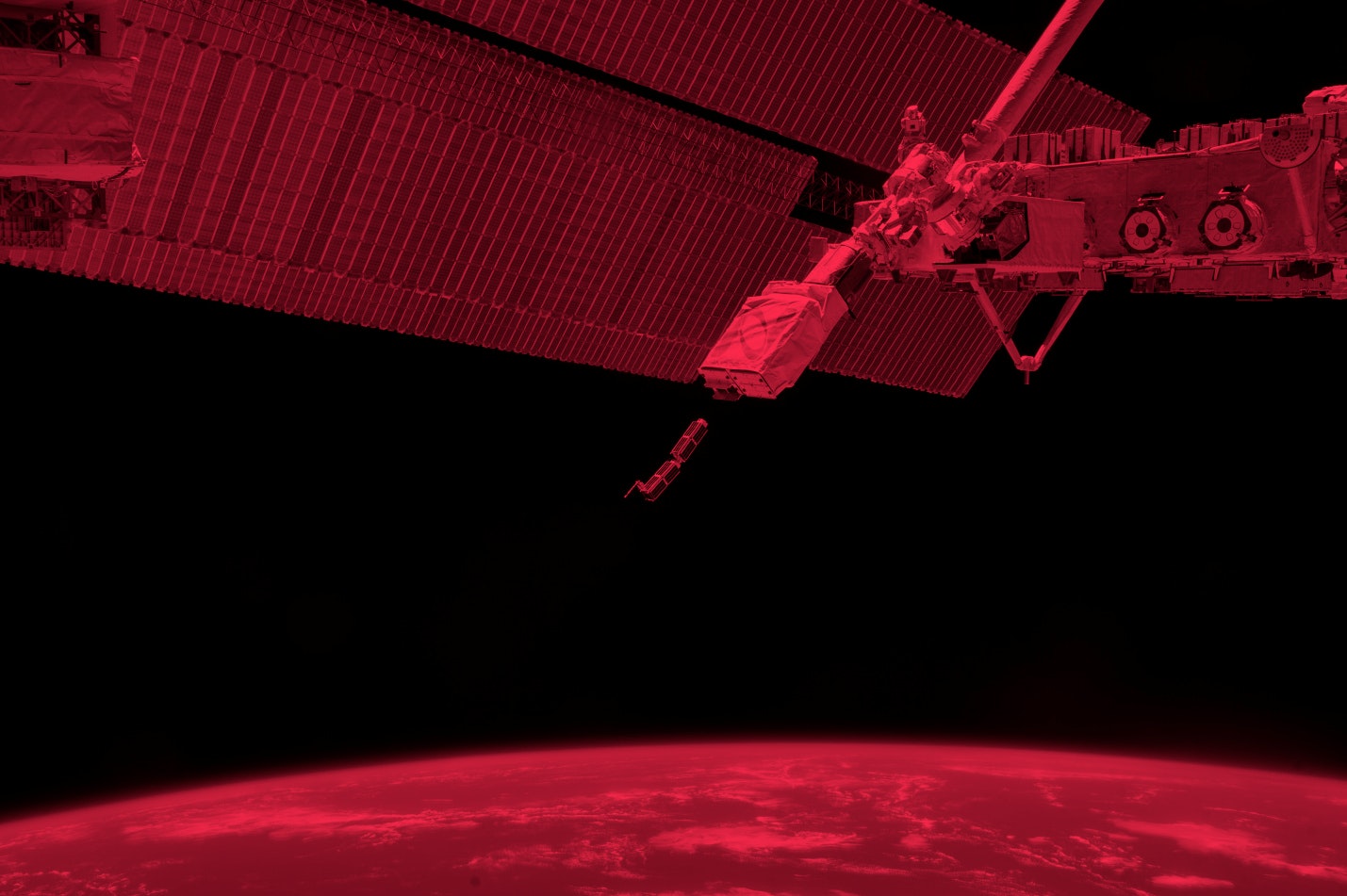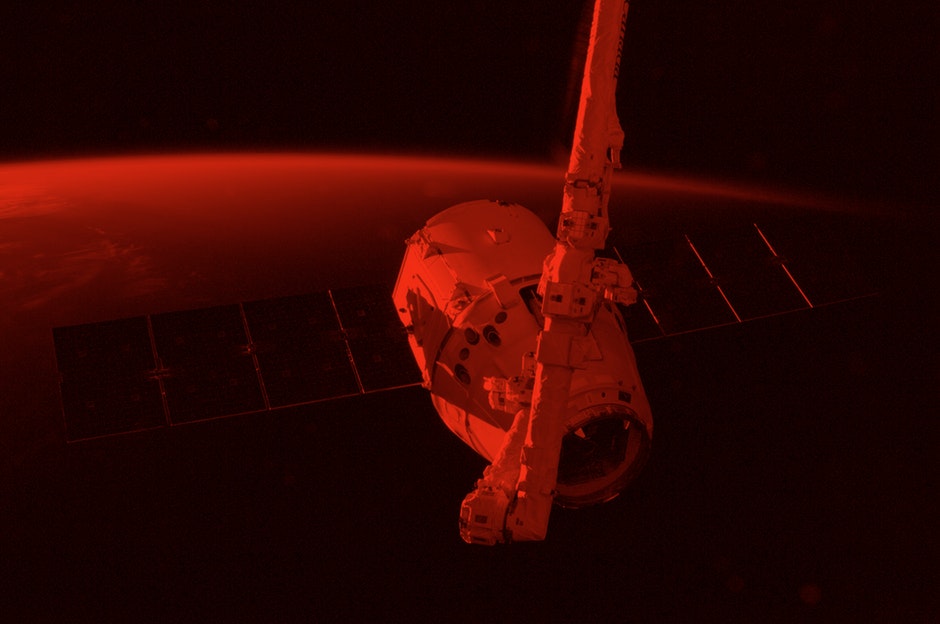All federal funding to the International Space Station will end in 2025. For the past twenty years, it’s been a central hub for research that helps us understand weather, climate, and geography on the earth’s surface, as well as how the vacuum of space affects human and nonhuman life.
So what’s next, after the federally-funded support for the ISS ends? According to William Gerstenmaier, NASA’s Associate Administrator for Human Exploration and Operations, it’ll be a rented-out space for companies like SpaceX, Orbital ATK, and other big players to use for marketing, corporate research, and private missions.
“Congress requested a plan from NASA to transition ISS from the current regime that relies heavily on NASA sponsorship, to a regime where NASA could be one of many customers of a [low-Earth orbit] non-Governmental human spaceflight enterprise,” Gerstenmaier said.
Essentially, NASA will become just another customer in a privatized space marketplace. Not just on the ISS, but in a region of space known as low-earth orbit (LEO), a high-demand region that companies are looking to fill with their own private satellites. Reports suggest that even Facebook wants in on this emerging real estate market.
To a small degree, these private rentals are already happening. Companies buy up research space in the ISS and sell it to companies like Budweiser (yes, Budweiser) to research their products and capitalize off of human awe and wonder for outer space.
The death of the ISS as we know it has been on the horizon since 2014. Gerstenmaier also noted that the technical stabilities of the ISS will start to deteriorate in a serious way by 2028. But it’s not obvious exactly how these instabilities will be addressed in this new wave of private-public partnerships—especially considering that according to Gerstenmaier, NASA’s future approach to regulation would be such that that “private industry is responsible for how to meet and execute NASA's requirements.” That’s not exactly a hands-on approach.
Gerstenmaier outlinted this agenda yesterday for the Senate committee in charge of overseeing space activity, which is chaired by Ted Cruz. He noted that some federally-funded research will still take place on the ISS, but it will focus on how humans will be affected by microgravity. That’s the biggest biological barrier to long-term travel to the Moon and Mars, which Gerstenmaier said is a priority for NASA. Trump has personally advocated for getting U.S. astronauts back on the Moon and Mars, as well as developing a militarized “Space Force” (no one knows what this means).
This sentiment was reinforced in a private town hall this morning with Jim Bridenstine—former Oklahoma Congressman who was just confirmed by the Senate as the new head of NASA. When he was asked how NASA will respond to a corporate approach to human risk in spaceflight, he didn’t exactly frame safety as a priority.
Bridenstine: we have to deal with the risk question. Spaceflight is risky - need to mitigate and eliminate as much risk as possible.
— NASA Watch (@NASAWatch) May 17, 2018
Bridenstine: if our number one goal was safety when flying off of aircraft carriers we would not be doing that.
— NASA Watch (@NASAWatch) May 17, 2018
Gerstenmaier’s comments aren’t exactly out of the blue. Rather, they reflects an agenda that was outlined in NASA’s 2019 federal budget request, released in February of this year, and the NASA’s 2017 authorization bill from Congress.
It’s unlikely that NASA’s agenda will change much from Gerstenmaier’s comments, if at all. After all, space commercialization is largely a bipartisan issue that’s spanned across multiple administrations, including the Obama administration, which took huge steps to make commercial development in space easier for private companies. But right now, it’s not evident whether U.S. law and international law alike are in a place to keep up with the rapid development of the space economy.







